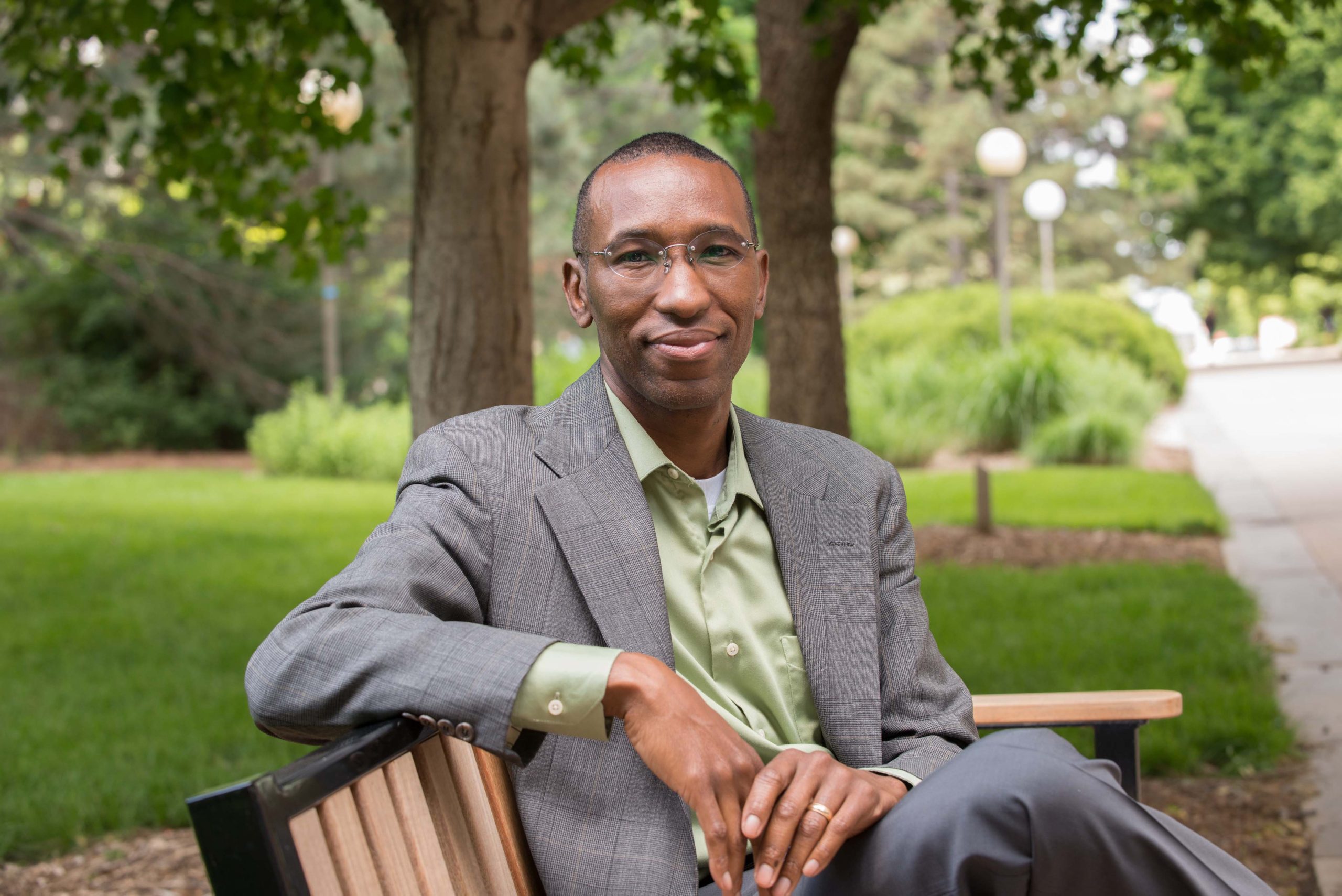
- This event has passed.
CRT in 1901?: Chesnutt’s Marrow, Brown’s Plessy, and Customary Law
November 16, 2022 @ 3:00 pm - 4:30 pm
Free
Gregory E. Rutledge, an associate professor in the English Department and Institute for Ethnic Studies at University of Nebraska-Lincoln, will discuss “CRT in 1901?: Chesnutt’s Marrow, Brown’s Plessy, and Customary Law.” American Studies associate professor Michelle Robinson will give a response after Rutledge’s remarks.
This event is sponsored by the College of Arts and Sciences, the Institute for the Arts and Humanities, and the Departments of African, African American and Diaspora Studies, American Studies, English and Comparative Literature, and History and is open to the public.
In 1898, a cabal of nine prominent white supremacists, angry that the biracial Fusion Party government had been elected in Wilmington, North Carolina, used their influence, the press, and a mob to seize power. Whipped into a frenzy by the cabal’s “no Negro domination” yellow journalism, a large mob of armed white terrorists descended upon Wilmington, the county seat, massacring scores of civilians, destroying black businesses, and decapitating its legitimate government—a coup d’état. Consistent with U.S. culture in such matters, the elites misrepresented the massacre in the press and suppressed it in regional and local histories. Abetted by the white majority, a threat to the remaining black community for generations, the massacre remained all but forgotten to the nation. Largely unspoken, unknown, and thus unlearned, that suppressed past has returned with a vengeance. Today, that 1898 coup dynamic has metastasized, becoming the current and on going coup d’ attempt, a multi-headed Hydra the country is ill-equipped to address.
While anti-CRT hysteria, a false grassroots phenomenon, shapes political discourse in furtherance of an ongoing, broad-based coup d’ attempt, the performative myths activating the current conservative base would be familiar to scholars of Charles W. Chesnutt, whose Marrow of Tradition (1901) novel is a legal performance and narrative-indictment that re-stages the Wilmington coup d’état. In “CRT in 1901?: Chesnutt’s Marrow, Brown’s Plessy, and Customary Law,” Gregory E. Rutledge will examine how customary law, the ages-old unwritten (oral) codes informing the “folk, “may be the massive underlying cultural force at first leaking—now erupting—back into the curricular modernity written over it; this written, curricular modernity is the foundation for a legal/literary narrative housing that CRT rightfully interrogates. Rutledge’s talk will demonstrate how customary law—a now esoteric and largely unknown legal praxis animating the “separate but equal “jurisprudence of Plessy v. Ferguson (1896) and the South’s post-war heroic myth—shapes Marrow, through which Chesnutt dissents to both the majority opinion and “great dissent” of Plessy. “CRT in 1901?: Chesnutt’s Marrow” is, then, a call for greater institutional engagement between legal and literary narrative, CRT’s twins, and with customary law.
Rutledge researches and teaches African-American literature, specializing in epic performance and race. These scholarly interests, along with his research in Afro-Korean Connections (Fulbright-supported) and Afro-Futurism, are reflected in The Epic Trickster in American Literature: From Sunjata to So(u)l(2013). He holds a J.D./M.A.M.C., and teaches an integrated race, literature, and law Critical Race Theory course for upper-level undergraduates and graduate students. His literary criticism, fiction, literary essays, law reviews, poetry, visual art, blogs, and book reviews have appeared in critical, legal, and literary journals in the U.S., U.K., and South Korea. His ongoing professional and community service work includes numerous volunteer activities as a law student, lawyer, graduate student, and university instructor. Rutledge is currently an associate professor in the English Department and Institute for Ethnic Studies at University of Nebraska-Lincoln.

